インクルージョン(包括性)とダイバーシティ(多様性)という言葉をよく聞くようになりました。
ナショナリズムの台頭やBLM ( ブラックス・ライブズ・マター)などの社会問題に対してのソリューションとしてもその推進が期待されています。
このインクルージョンとダイバーシティをより深く理解するためにその定義を紹介してみたいと思います。
インクルージョン(包括性)
一人ひとりが十分に貢献できるような、オープンで歓迎される環境を育み、帰属意識を高められること。
ダイバーシティ(多様性)
さまざまな視点、背景、経験、そして目に見える、目に見えない多くの特徴によって、誰もがユニークであることを表現できること。
一見すると、この二つの考え方って相反する部分があると感じるかもしれません。インクルージョンでは、帰属意識が大切なのに対して、ダイバーシティでは、個性を大事にしようと言っているからです。
日本社会は昔から村社会と言われ、同調圧力など、個人より集団を優先する社会を育んできました。これでは、なかなか多様性を育てるのは難しいかなと感じてしまいます。一方で、包括性はどうかと言うと、会社や学校などでの帰属意識は高いかもしれませんが、それは、安心してありのままの自分でいられる場所というよりは、村八分にされるのは嫌なのでそこに所属している人が多いのではないかと思いました。
日本は、まだ世界で三番目に大きな経済大国であるのに関わらず、その国民の幸福度は低いと言われています。
国連が設立した非営利団体が毎年行っている世界幸福度報告の結果でも、日本は54位に低迷していますが、評価基準としているカテゴリーの中でも、とりわけ、「他者への寛容さ」と「社会的自由度」の結果が著しく低い結果となっています。
というわけで、私たち日本人がより幸せになるためには、寛容さと自由度を高める必要があり、そのためには、まさに個人がもっと輝ける社会、つまり、インクルージョン&ダイバーシティを推進していくことが大切であるという結論に至りました。
(English)
We hear the words “inclusion” and “diversity” used more and more often.
They are also expected to be promoted as solutions to social problems such as the rise of nationalism and BLM (Black Lives Matter).
To better understand inclusion and diversity, I would like to introduce their definitions.
Inclusion
Fostering an open and welcoming environment where each individual can make a full contribution and a sense of belonging.
Diversity
Allowing everyone to express their uniqueness through a variety of perspectives, backgrounds, experiences, and many visible and invisible traits.
At first glance, you may feel that these two ideas are at odds with each other. This is because inclusion emphasizes the importance of a sense of belonging, whereas diversity says to value individuality.
Japanese society has long been known as a “village society” and has fostered a society that prioritizes the group over the individual, such as through peer pressure. This makes me feel that it is difficult to foster diversity. On the other hand, if we look at inclusiveness, there may be a high sense of belonging at companies and schools, but I think that many people belong there because they do not want to be ostracized, rather than because it is a place where they feel safe to be who they are.
Japan is still the third largest economy in the world, yet its people are said to have a low level of happiness.
In the results of the annual World Happiness Report conducted by a non-profit organization established by the United Nations, Japan ranks a lowly 54th, with particularly low results in the categories of “tolerance for others” and “social freedom” among the criteria used for evaluation.
Therefore, we have come to the conclusion that in order for us Japanese to be happier, we need to increase our level of tolerance and freedom, and to do so, it is important to promote a society in which the very individuals can shine more brightly, in other words, a society of inclusion and diversity.
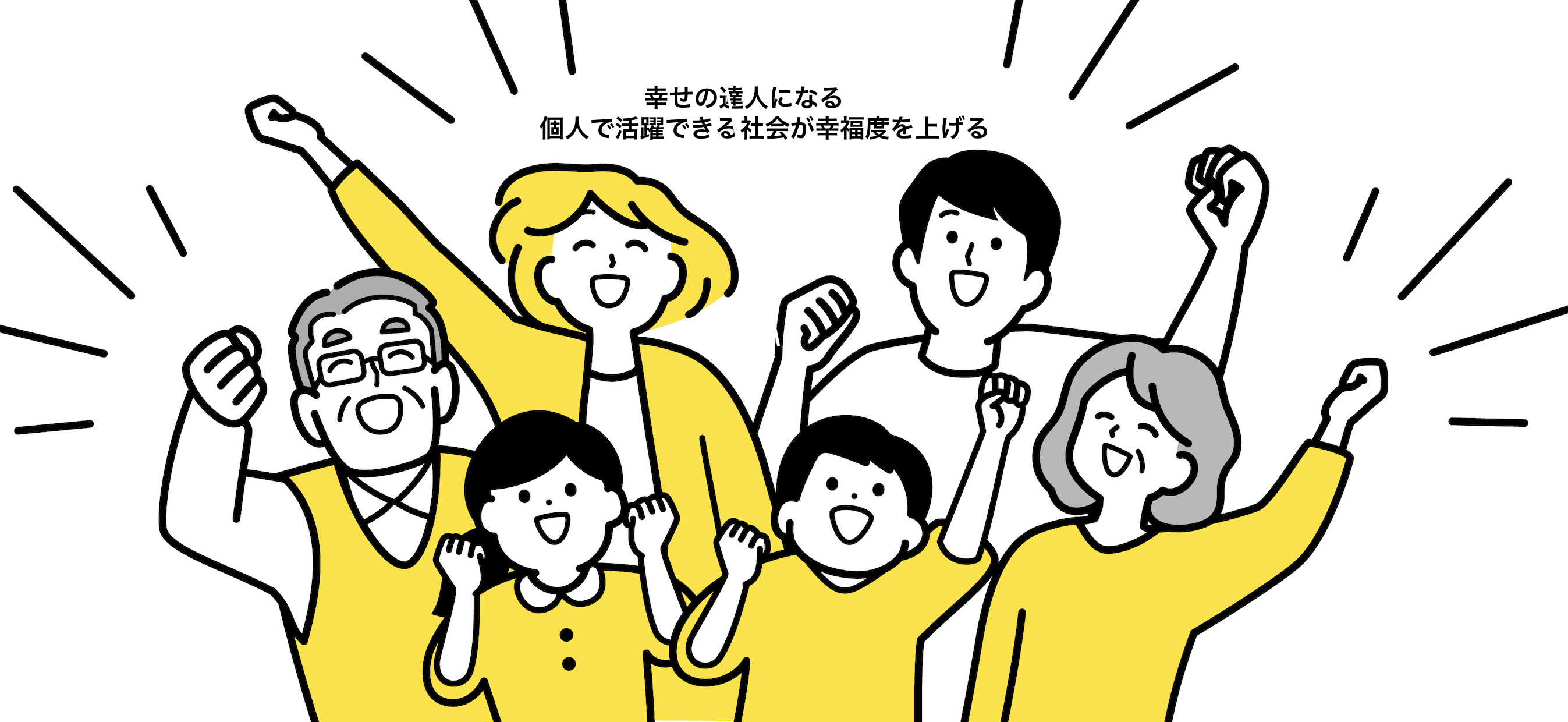


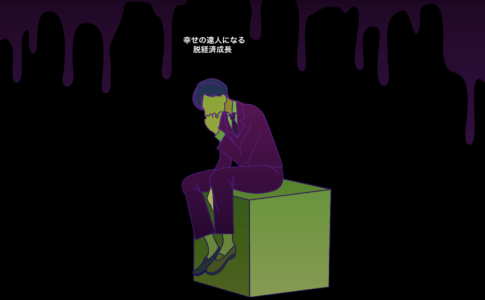
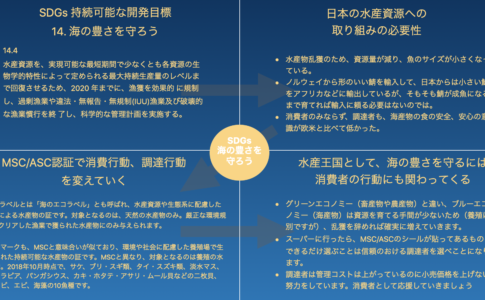
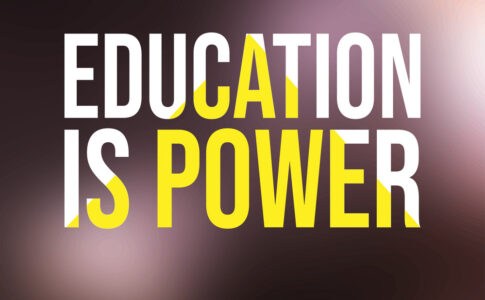

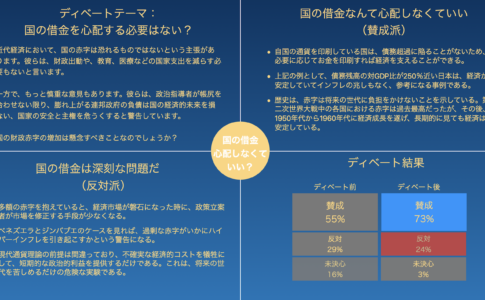

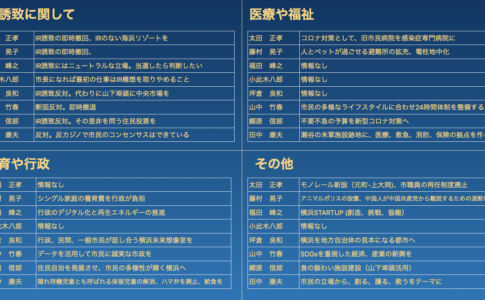
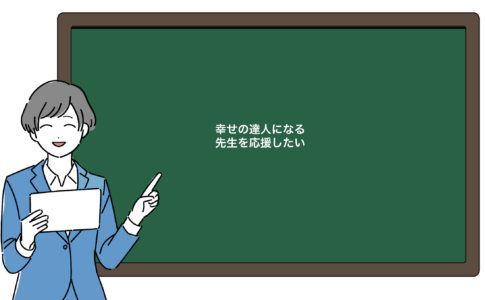
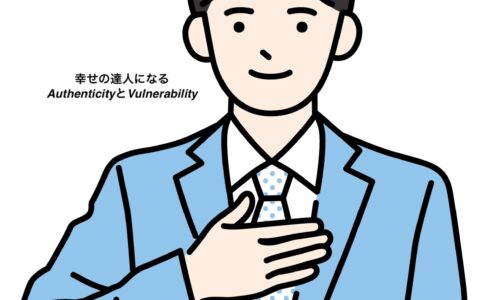
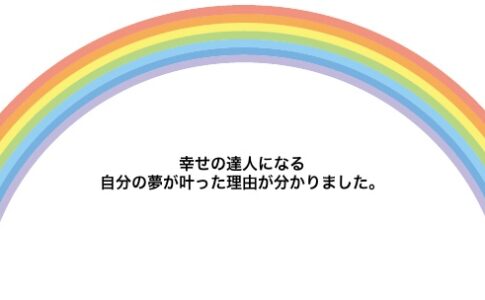
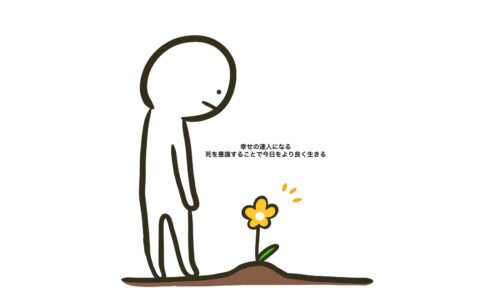
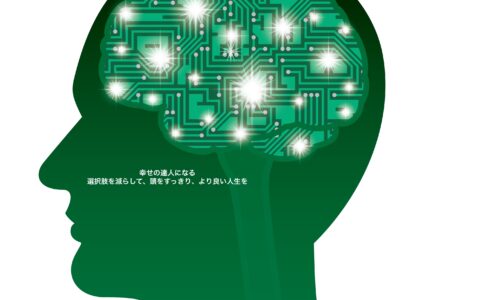

世界幸福度ランキングで54位に甘んじる日本。幸福度を下げている要因に、”他者への寛容度” と “社会的自由度”が低いことが挙げられます。つまり、もっと個人を受け入れて、個人が活躍できる社会を作っていけば日本人の幸福度は上がります。よし頑張ろう。